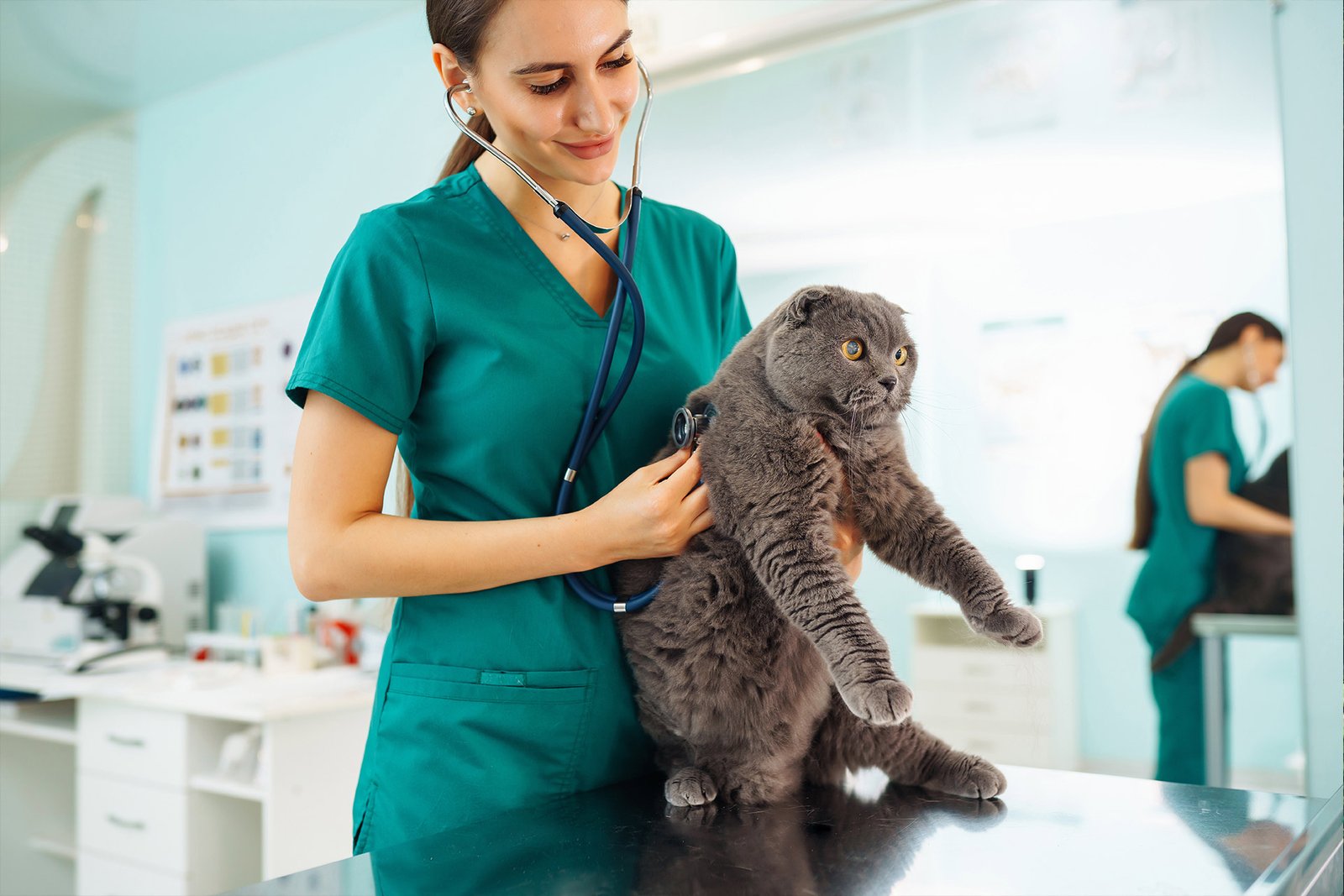Common Health Issues in Cats: Prevention, Symptoms, and Treatment
Excerpt: Ensure the well-being of your beloved feline companion by staying informed about common health issues in cats. By knowing how to prevent, identify symptoms, and provide proper treatment, you can keep your cat happy and healthy for years to come.
Introduction
Cats bring joy, companionship, and a sense of comfort to our lives. As responsible cat owners, it is crucial to be aware of the common health issues that can affect our feline friends. By understanding the prevention measures, recognizing symptoms, and knowing the appropriate treatments, we can ensure our cats lead a long and healthy life.
In this comprehensive guide, we will explore the common health issues that cats may encounter, empowering you to take proactive steps in safeguarding your cat’s well-being.
Dental Health: The Key to Overall Wellness
- Prevention:
- Regular brushing: Implement a daily dental care routine by brushing your cat’s teeth using a feline-specific toothbrush and toothpaste.
- Dental diets and treats: Incorporate dental-specific diets and treats into your cat’s nutrition plan to help control plaque and tartar buildup.
- Routine check-ups: Schedule regular veterinary dental exams to catch any potential dental issues early on.
- Symptoms:
- Bad breath
- Yellowing or discolored teeth
- Excessive drooling
- Difficulty eating or loss of appetite
- Treatment:
- Professional dental cleaning: In severe cases of dental disease, your veterinarian may recommend a professional dental cleaning under anesthesia.
- Antibiotics or pain medication: If an infection or inflammation is present, your veterinarian may prescribe antibiotics or pain medication to alleviate discomfort.
Urinary Tract Issues: Prevention and Care
- Prevention:
- Hydration: Ensure your cat has access to fresh water at all times to maintain proper hydration and promote urinary health.
- Balanced diet: Feed your cat a high-quality, moisture-rich diet that supports urinary tract health.
- Litter box hygiene: Keep the litter box clean to encourage regular urination and prevent the development of urinary issues.
- Symptoms:
- Frequent urination
- Straining to urinate
- Blood in urine
- Urinating outside the litter box
- Treatment:
- Medication: Your veterinarian may prescribe medications to treat the underlying cause of urinary tract issues, such as urinary tract infections or bladder inflammation.
- Diet modification: In some cases, a dietary change may be recommended to prevent future occurrences of urinary tract issues.
Obesity: Tackling the Weighty Issue
- Prevention:
- Portion control: Measure your cat’s food to ensure they receive the appropriate amount of calories for their size and activity level.
- Regular exercise: Engage your cat in interactive play sessions to promote physical activity and mental stimulation.
- Balanced diet: Feed your cat a nutritionally balanced diet, avoiding excessive treats and table scraps.
- Symptoms:
- Weight gain
- Difficulty jumping or moving
- Lethargy
- Increased appetite
- Treatment:
- Diet modification: Your veterinarian may recommend a prescription weight loss diet or provide guidance on portion control and calorie intake.
- Exercise plan: Implement a structured exercise routine tailored to your cat’s abilities and gradually increase their activity levels.
Frequently Asked Questions (FAQs)
Q: How often should I take my cat for veterinary check-ups?
A: It is generally recommended to schedule annual veterinary check-ups for healthy cats. However, older cats or those with specific health concerns may require more frequent visits.
Q: Can I brush my cat’s teeth with human toothpaste?
A: No, human toothpaste contains ingredients that can be harmful to cats if ingested. Always use toothpaste specifically formulated for felines.
Q: Are there any preventive measures for hairballs?
A: Regular grooming, including brushing and occasional use of hairball remedies, can help reduce hairball formation. A high-fiber diet may also assist in preventing hairball issues.
Q: How can I encourage my cat to exercise?
A: Engage your cat in play sessions using interactive toys, laser pointers, or feather wands. Experiment with different types of toys to find what motivates your cat the most.
Cat Health: Your Pet’s Lifelong Wellness
In conclusion, understanding common health issues in cats is essential for maintaining your feline companion’s well-being. By taking preventive measures, recognizing symptoms, and seeking appropriate treatment, you can ensure your cat’s happiness and longevity.
Remember, regular veterinary check-ups, a balanced diet, proper dental care, and an active lifestyle are key to promoting a healthy and vibrant life for your beloved cat.
So, stay informed, be vigilant, and shower your feline friend with the love and care they deserve. Together, you can embark on a journey of lifelong wellness and companionship.
















